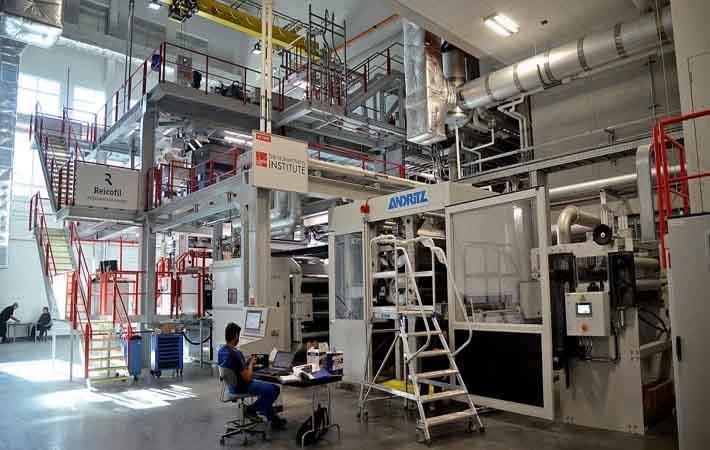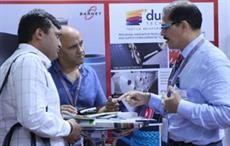NC State University has opened a new nonwovens institute, which is home to the world’s first and only accredited academic programme for interdisciplinary study of engineered fabrics. The institute has 68 industry partners. The facility will provide additional space for industry partners to test-manufacture and refine products before market launch.
Faculty from the colleges of textiles, engineering and natural resources, along with colleagues from other universities, provide expertise in chemistry, mechanical and industrial engineering, bioengineering, chemical engineering, paper science and engineering, and fibre and polymer science at the institute.NC State University has opened a new nonwovens institute, which is home to the world's first and only accredited academic programme for interdisciplinary study of engineered fabrics. The institute has 68 industry partners. The facility will provide additional space for industry partners to test-manufacture and refine products before market launch.#
The institute supported the work of 50 doctorate students in 2016 across many programmes at NC State as well as partner institutions both in the US and United Kingdom. During their time on campus, all nonwovens graduate students rub shoulders with both academic and industry leaders and become familiar with advanced manufacturing facilities found nowhere else in the nation.
That experience provides a “compelling advantage” over other candidates during job interviews, Behnam Pourdeyhimi, executive director of the Nonwovens Institute, says, recalling students recently hired with Kimberly Clark, 3M, Freudenberg and others. More than 170 NC State alumni currently work in the nonwovens industry.
The institute also serves as a business incubator, an economic development engine that helps bring new products to market. Both new companies and new technologies have gotten their start at NC State, thanks to the Think and Do approach at the Nonwovens Institute.
Research and development at the institute has generated 80 US and international patents. “We create not only jobs, but new industries. We make things that haven’t existed - new applications,” Pourdeyhimi says. (SV)
Fibre2Fashion News Desk – India


